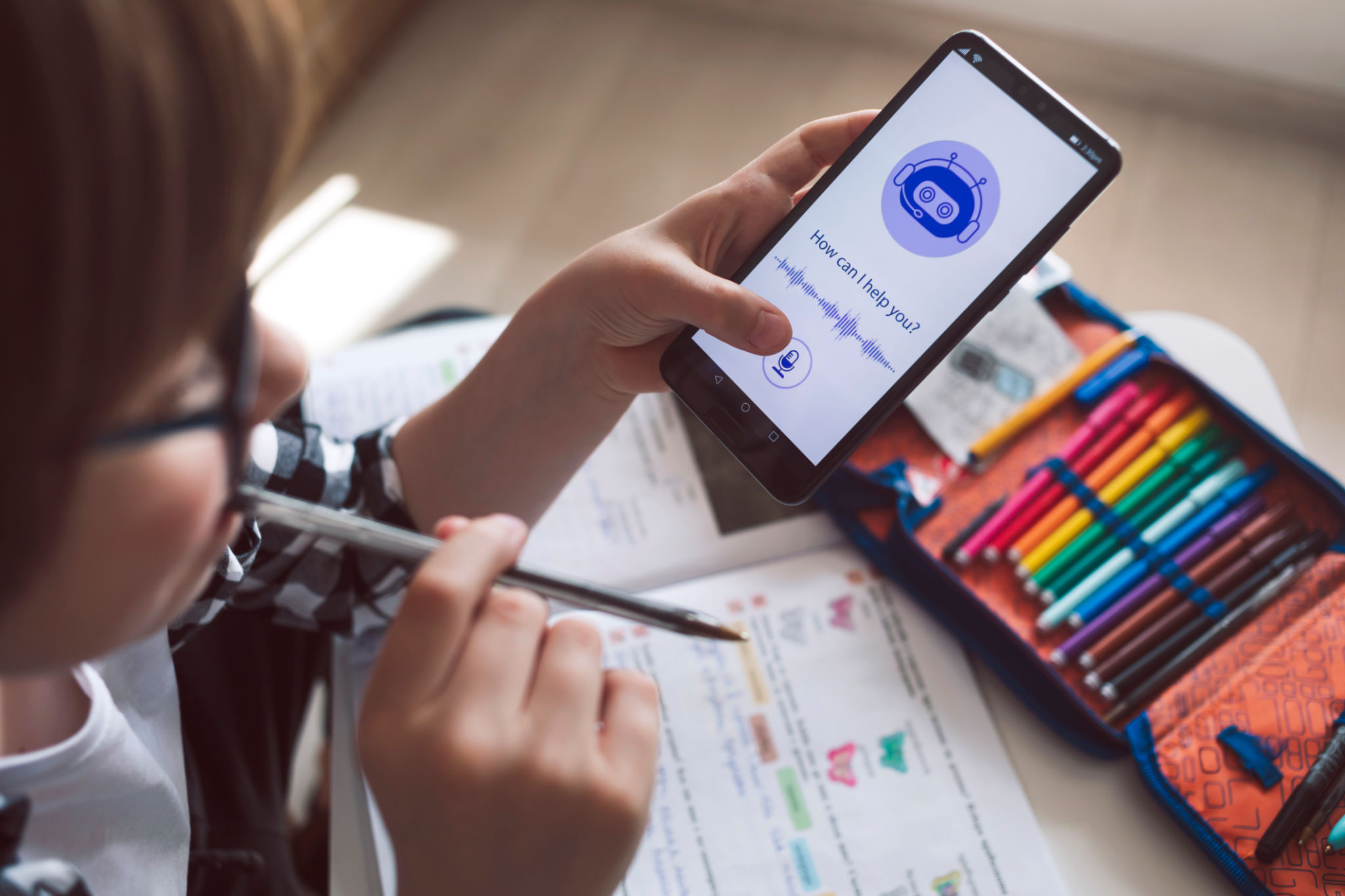Can AI Predict Which Students Need Help? Exploring the Role of Technology in Education
The Rise of AI in Education
In recent years, the integration of artificial intelligence (AI) in education has sparked a significant transformation in the way learning is approached. Schools and educational institutions are increasingly adopting AI technologies to enhance student outcomes and optimize teaching methodologies. One of the most promising applications of AI in education is its potential to predict which students may need additional help, offering opportunities for early intervention and personalized support.

Understanding AI's Predictive Capabilities
AI's predictive capabilities are rooted in its ability to analyze large datasets quickly and accurately. By leveraging machine learning algorithms, AI can identify patterns and trends that may not be immediately evident to human educators. These patterns can include attendance records, participation in class activities, homework completion rates, and even social interactions. By analyzing these data points, AI can generate insights into a student’s performance and potential challenges.
Benefits of Early Intervention
Early intervention is crucial for preventing students from falling behind. AI can alert teachers to students who may be struggling before their grades begin to suffer significantly. This proactive approach allows educators to provide targeted support, such as tutoring or counseling, tailored to the unique needs of each student. As a result, students receive the help they need before any learning gaps widen.

Personalized Learning Experiences
AI technology also facilitates personalized learning experiences by adapting educational content to suit individual learning styles and paces. Traditional classroom settings often follow a one-size-fits-all approach, which may not cater to the diverse needs of all students. With AI, educational tools can customize lessons, quizzes, and activities based on a student's specific strengths and weaknesses, making learning more engaging and effective.
The Role of Educators
While AI offers valuable insights and tools, the role of educators remains irreplaceable. Teachers bring empathy, creativity, and personal interaction into the classroom, factors that AI cannot replicate. Instead of replacing educators, AI serves as a powerful assistant that can alleviate administrative burdens and provide data-driven insights, allowing teachers to focus on what they do best—teaching and inspiring students.

Challenges and Ethical Considerations
Despite its potential benefits, the use of AI in education raises several challenges and ethical considerations. Privacy concerns are paramount, as collecting and analyzing student data must be handled with care to protect sensitive information. Additionally, there is a risk of over-reliance on technology, which could lead to neglecting the importance of human interaction in the learning process.
The Future of AI in Education
The future of AI in education looks promising as technology continues to evolve. Innovations such as natural language processing and advanced analytics will further enhance AI's ability to understand and predict student needs. As schools become more adept at integrating these tools, we can expect a more personalized and efficient educational system that supports all learners.
In conclusion, while AI cannot replace the human touch essential for effective teaching, it can undoubtedly enhance educational practices by predicting which students need help and providing personalized learning experiences. By embracing this technology responsibly, educators can ensure that every student has the opportunity to succeed.
